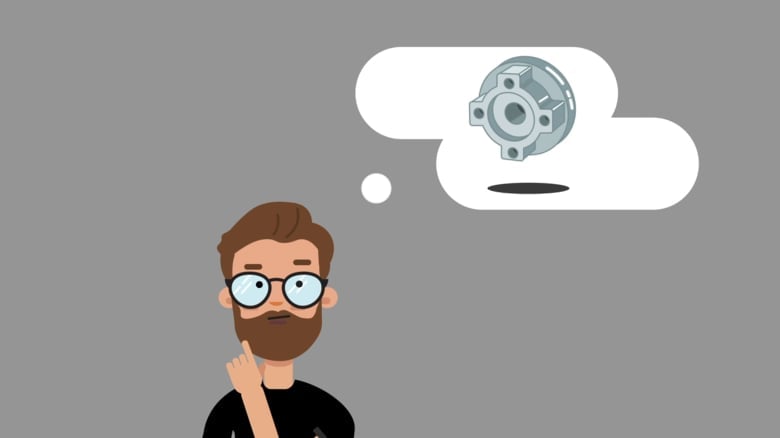![[Image: ZVerse]](https://fabbaloo.com/wp-content/uploads/2020/05/zverse_img_5eb09b88d8bc0.jpg)
Carbon and ZVerse have announced a strategic partnership to “bridge the design gap for digital manufacturing.”
Carbon is, of course, very focused on the manufacturing part of that, with its Digital Light Synthesis (DLS) 3D printing technology targeted at production. If there’s ever been a question of that, just look at their latest large-scale 3D printers or their large-and-growing use cases focused on mass production in automotive, dental, footwear, sports, and other applications.
That those applications are increasing, both broadening to new uses and deepening with more commitment from existing users, is testament to the validity of DLS as a production solution.
But just because the technology is capable doesn’t mean that design is easy.
The need for design for additive manufacturing (DfAM) is a known barrier. DfAM requires a totally different way of thinking and new approach to design as compared to traditional processes. Many potential adopters are hindered by the lack of experience with designing for additive processes. This is only exacerbated when someone familiar with perhaps one 3D printing process looks to work with another technology that has different parameters, a different materials portfolio, and different workflow.
Enter ZVerse.
The company, with a strong base of experience in unique 3D printed design projects, offers a 3D Design On-Demand platform. The company says the platform “bridges the gap from an idea or a 2D image data file to a 3D file optimized for the selected manufacturing process including CNC, injection molding, sheet metal fabrication, 3D printing and more.”
“Carbon recognizes that removing design friction leads to more production applications and that is why this partnership is important,” said Carbon Co-Founder and VP of Business Development Phil DeSimone.
The 3D Design On Demand platform and services are now, through this design partnership, a tailor fit for the Carbon Production Network (CPN).
The designs that are seeing the most success in bringing DLS into operations — most famously so far, the adidas Futurecraft 4D shoes with 3D printed midsoles — are doing so because of, simply, good design.
Mass customization is often touted as a benefit for additive manufacturing, but each design then needs to be customizable. For a partner new to Carbon’s technology, creating that good design isn’t necessarily intuitive.
ZVerse is setting itself up to remove that pain point. Familiar with the needs unique to 3D printing and specific to the DLS process, the team at ZVerse can work closely with design teams to take an idea to a usable file.
Most of the partnerships we’ve heard lately from Carbon have involved specific partners and applications. The design partnership is a strong strategic move, as it positions Carbon to further open up access to production via DLS.











The fifth edition of the 3D Pioneers Challenge is welcoming innovative designs in this international competition.